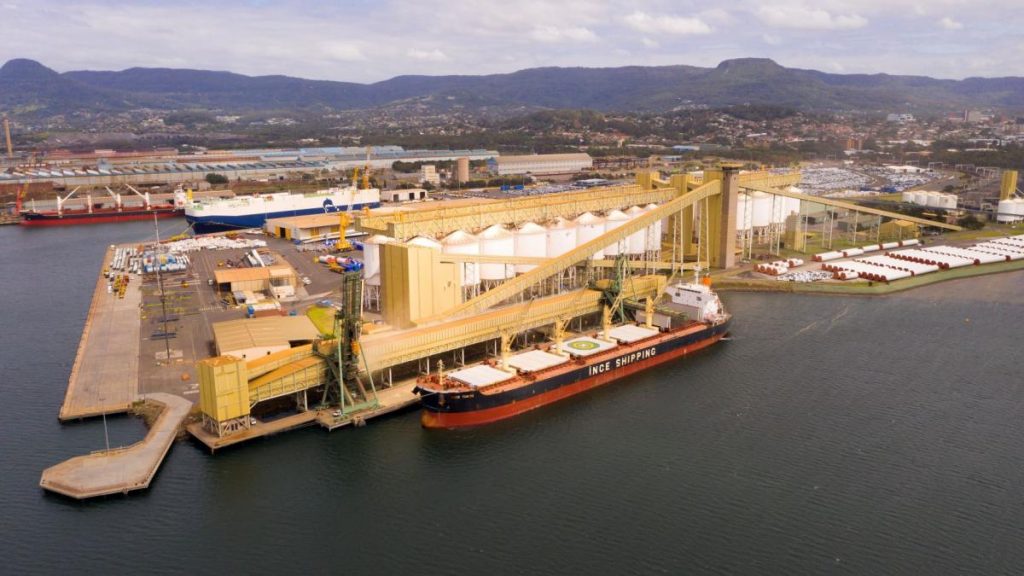When the Razoni arrived in Lebanon a week after leaving Odessa, the buyer in Lebanon refused to accept its cargo of corn “due to delays in delivery terms.” The shipment was delayed about five months by the Russian invasion.
“The shipper is now looking for another consignee to offload his cargo either in Lebanon/Tripoli or any other country/port,” the Ukrainian embassy in Lebanon reported.
The Associated Press on Tuesday said satellite images showed the Razoni docked in the Syrian port of Tartus, right next to the port’s grain silos.
“Data from the Razoni’s Automatic Identification System tracker shows it had been turned off since Friday, when it was just off the coast of Cyprus, according to ship-tracking website MarineTraffic.com. Ships are supposed to keep their AIS trackers on, but vessels wanting to hide their movements often turn theirs off. Those heading to Syrian ports routinely do so,” the AP observed.
The AP further noted that “Syria has already received Ukrainian grain taken from Russian-occupied territory amid Moscow’s war on Kyiv,” including a shipment of stolen grain Egypt refused to buy from the Russians, so Syria probably was not anyone’s notion of an ideal destination for the first shipment of Ukrainian products.
The U.N. said it no longer monitors ships departing under the Ukraine-Russia agreement after they pass their inspections in Istanbul, while the Ukrainian government said it was not responsible for cargoes after they left Ukrainian ports.
The U.S. State Department likewise said it has no control over “who buys the grain shipments or their final destinations.”
“What matters most to us are a couple things: one, that Ukraine is appropriately compensated for the grain, the foodstuff, for the crops that it is in this case providing. And that the food gets to where it is needed most,” said State Department spokesman Ned Price, even though Ukraine’s food ending up in Syria would seem to violate that second condition.
Several other ships have departed from Ukraine since the Razoni, including the Lebanese-flagged cargo ship Brave Commander, which sailed on Tuesday with 23,000 metric tons of wheat bound for Ethiopia. The Brave Commander is the first ship chartered by the U.N. World Food Program (WFP) to bring Ukrainian food products to countries in danger of famine.
World Bank Senior Agriculture Economist John Baffles said on Tuesday at least 18 ships have departed from Ukraine’s Black Sea ports since early August, including the ill-fated Razoni and the Brave Commander.
Baffles estimated the value of these grain shipments, couple with anticipation for more exports to come, was enough to lower the World Bank’s global food price index by 12% since its high point in April. Food nevertheless remains 14% more expensive than it was last year.




